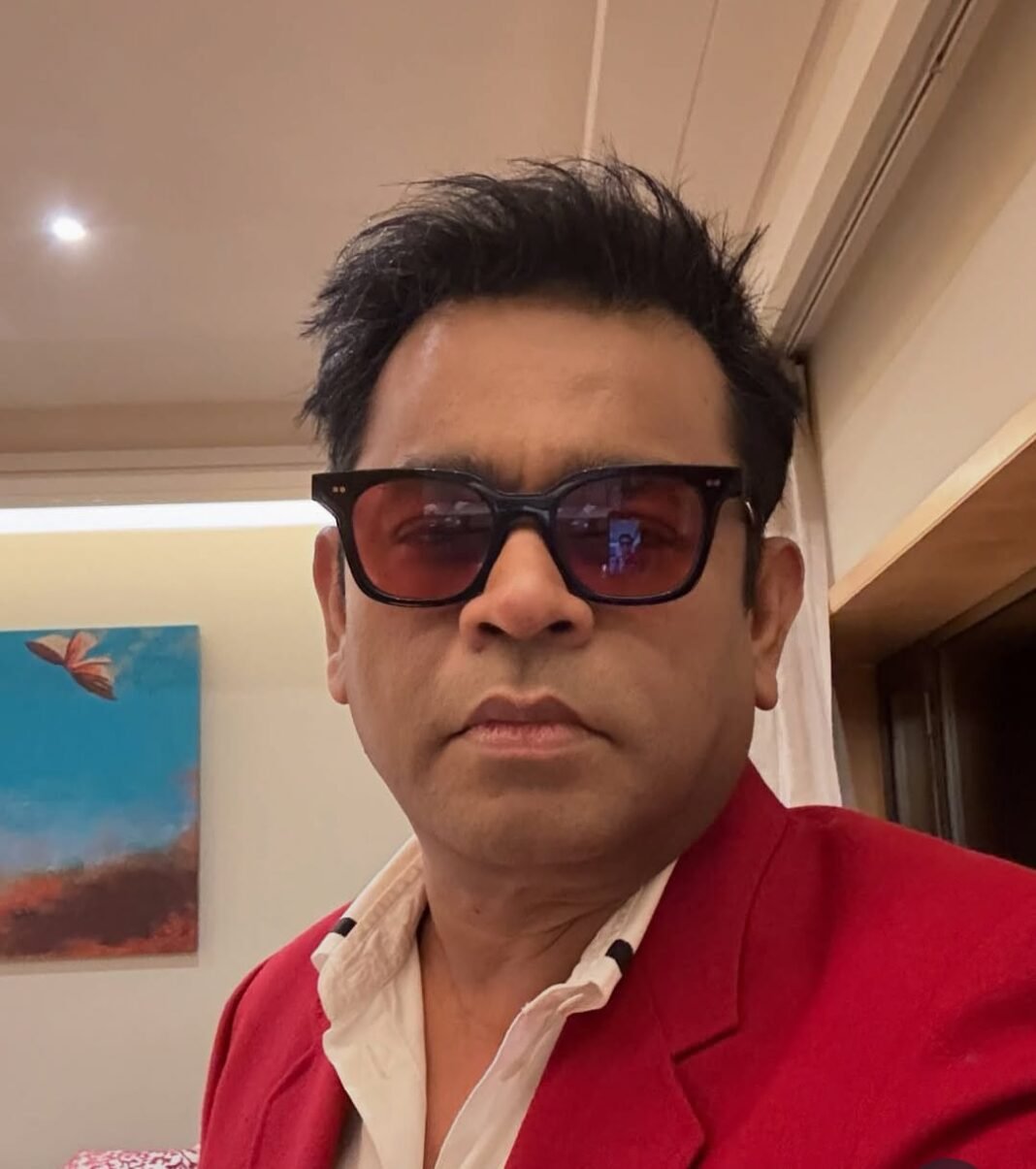Delhi High Court Decision
In a significant development for the Indian music industry, the Delhi High Court has granted relief to celebrated composer AR Rahman in a copyright dispute surrounding the song Veera Raja Veera from Mani Ratnam’s 2023 Tamil epic, Ponniyin Selvan 2. The Division Bench of Justices C Hari Shankar and Om Prakash Shukla passed the order while hearing Rahman’s appeal against an earlier ruling that had temporarily gone against him.
The Bench set aside the interim injunction imposed by a single judge on April 25, 2025, noting that the case did not fall under the direct ambit of copyright infringement. Both judges authored concurrent opinions, clarifying that the legal principles relied upon in the earlier order were not sustainable.
Background of the Dispute
The lawsuit was originally filed by noted classical singer Ustad Faiyaz Wasifuddin Dagar, a descendant of the illustrious Dagar family known for preserving and performing the ancient Dhrupad tradition. Dagar alleged that Rahman’s composition Veera Raja Veera bore striking similarities to Shiva Stuti, a piece attributed to the junior Dagar brothers—Ustad Nasir Faiyazuddin Dagar (his father) and Ustad Nasir Zahiruddin Dagar (his uncle).
According to the claim, while Rahman’s version differed in lyrics, the taal, rhythm, and overall musical framework mirrored the Shiva Stuti composition. The Dagar family had performed this piece globally and had it recorded by PAN Records in earlier decades, forming part of their legacy.
AR Rahman’s Stand
Rahman categorically denied the allegations, asserting that Veera Raja Veera was an independent creation. In submissions before the Court, his legal team highlighted that the song drew from Western musical structures, with orchestration and arrangements not characteristic of Dhrupad traditions.
The composer emphasized that while classical traditions often inspire modern works, this does not automatically equate to infringement. Instead, Rahman positioned his song as an original fusion piece, built on distinct artistic choices and far removed from the Shiva Stuti of the Dagar lineage.
The Interim Order of April 25
On April 25, 2025, a single judge of the Delhi High Court had ruled in favour of Dagar’s plea for an interim injunction. The order directed that Rahman and the producers of Ponniyin Selvan 2 acknowledge the contribution of the Dagar brothers in all online versions of Veera Raja Veera.
Additionally, the Court had imposed costs of ₹2 lakh payable to the Dagar family and directed Rahman and the film’s team to deposit ₹2 crore with the court registry. The interim order had raised significant debate within creative circles, with many questioning its implications for artistic freedom and the blending of traditional and contemporary music forms.
Relief from the Division Bench
Rahman appealed the decision on May 6, 2025, seeking a stay on the interim injunction and associated costs. The Division Bench responded favourably, staying the injunction as well as the ₹2 lakh costs. However, it upheld the directive to deposit ₹2 crore with the court registry, pending further proceedings.
Crucially, the Division Bench clarified that the matter at hand did not fall within the contours of copyright infringement, signaling that the earlier order had extended the law beyond its intended scope.
Broader Implications
This case highlights the delicate balance between respecting India’s rich classical traditions and allowing creative freedom for contemporary composers. The Dagar family, custodians of the Dhrupad genre, have long sought to preserve their musical heritage. At the same time, composers like AR Rahman represent a new wave of fusion music, blending classical influences with global styles.
The High Court’s ruling could serve as a precedent for future cases involving alleged overlaps between traditional compositions and modern adaptations. By clarifying that every resemblance does not constitute infringement, the Court has attempted to safeguard artistic innovation while ensuring that heritage remains respected.
What Lies Ahead
While Rahman has secured temporary relief, the broader lawsuit remains pending. The final outcome will determine whether the Dagar family is entitled to acknowledgment or compensation in connection with Veera Raja Veera. For now, Rahman’s reputation and creative autonomy remain intact, with the Delhi High Court underscoring the need for careful judicial scrutiny in cultural and artistic disputes.








